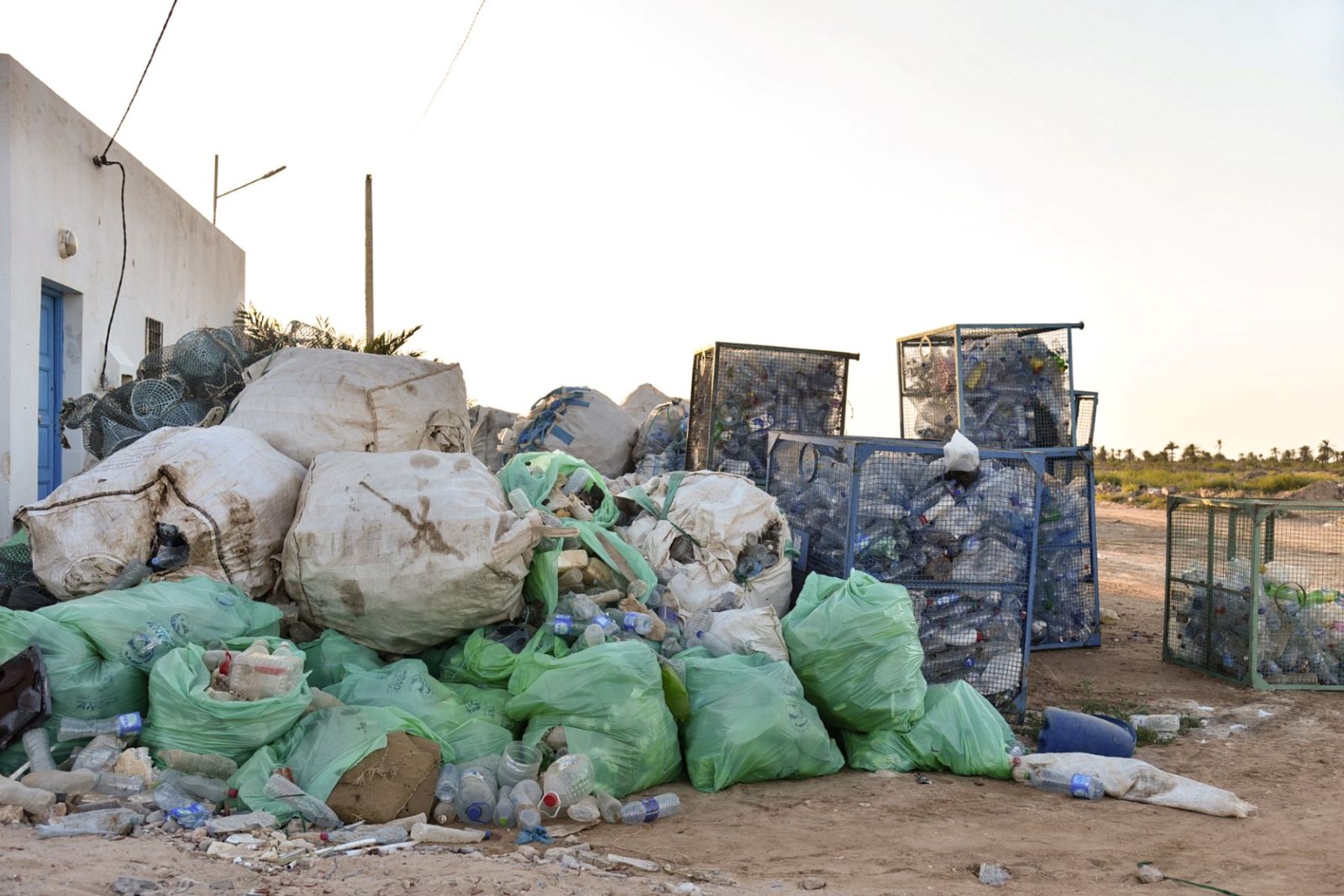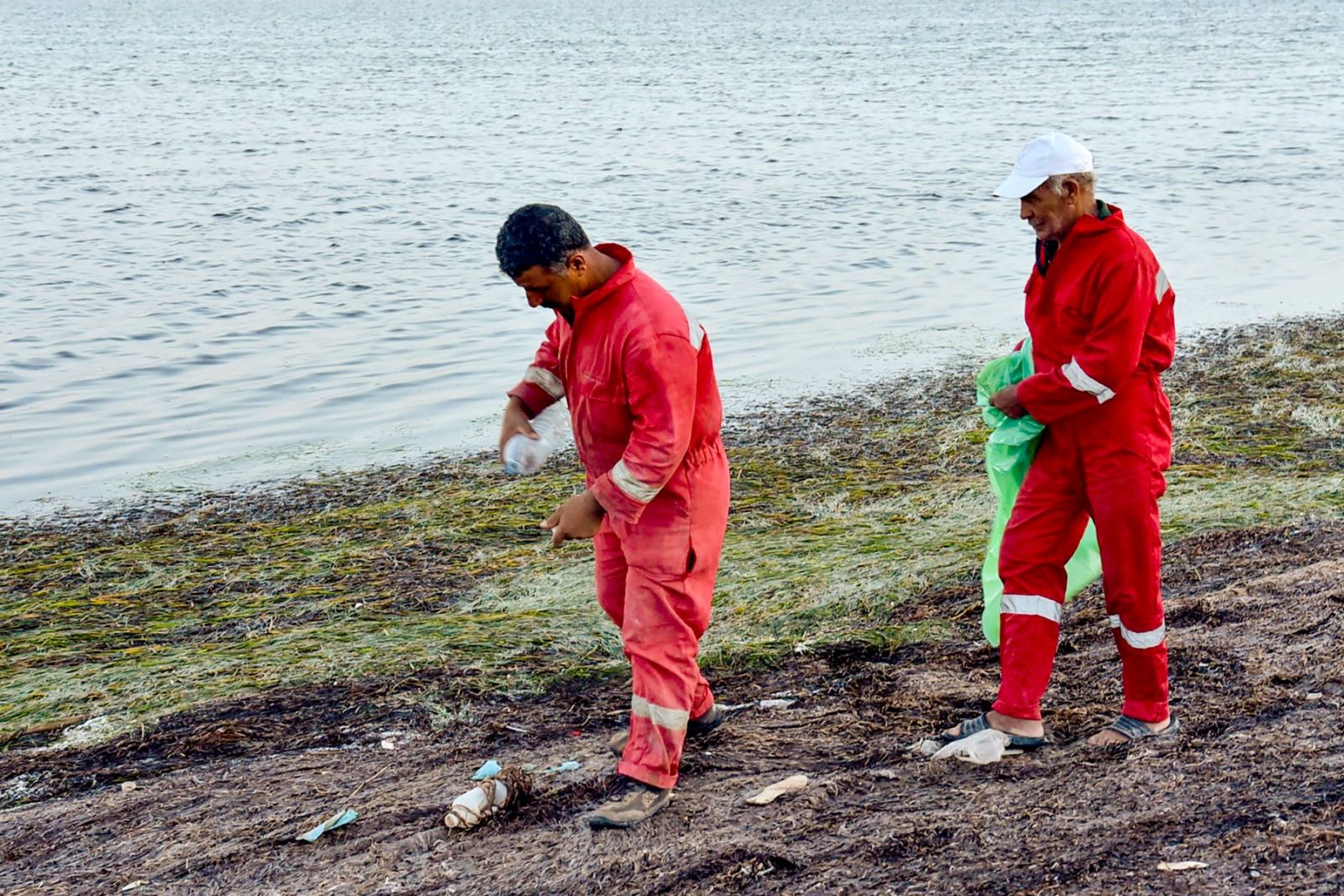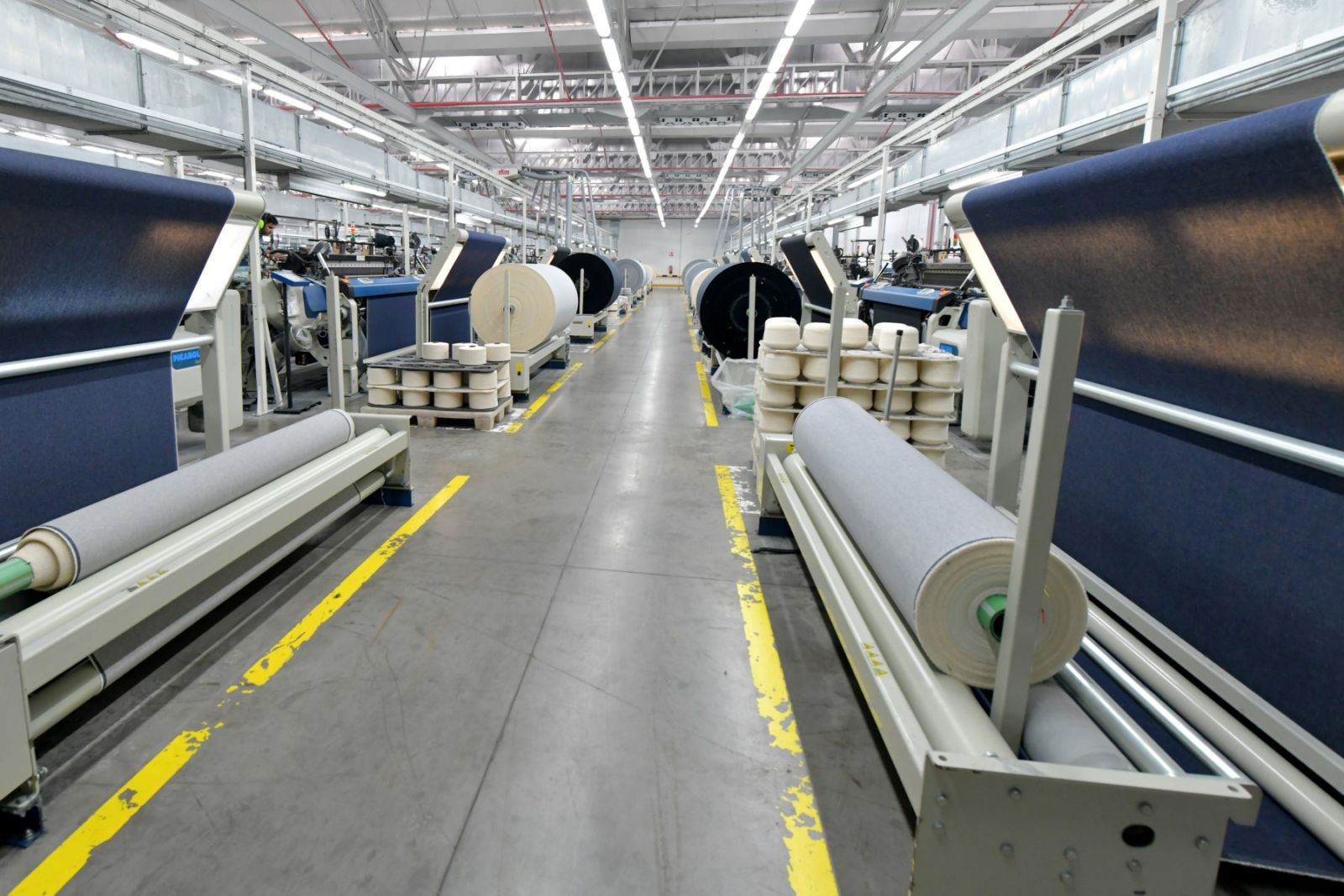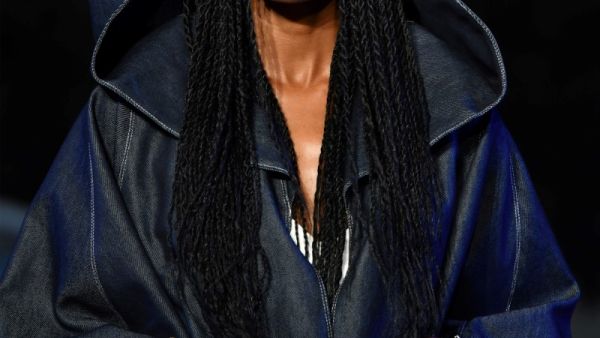ALBAWABA – Tunisian brand Kerkennah Plast has been working with the Seaqual Initiative, an international consortium which buys marine plastic to create fashion out of recycled material, Agence France-Presse (AFP) reported Sunday.
Seaqual Initiative buys the plastic "at a remunerative and stable price all year round", Jean-Paul Pelissier, of the International Centre for Advanced Mediterranean Agronomic Studies (CIHEAM), told AFP.
It is an EU-funded project that "works with ocean clean-ups around the world to bring value to the waste that they recover", the initiative’s website said.

Omar Kcharem is the head of Kerkennah Plast, which compacts and crushes marine plastic, and he told AFP that working with Seaqual has created new opportunities. Especially since marine plastic "does not have much value and does not bring in any money".
The plastic granules recovered after grinding the waste are transformed into "Seaqual Yarn" nylon fibre in Portugal, in one of just four factories in the world equipped with the technology, as reported by AFP.
Kerkenned Plast employs 15 plastic rubbish collectors under Kerkennah Plastic Free programme, backed by the EU. The work they’re doing, cleaning Tunisian beaches to make a living, also helps the environment, the news agency said.

The waste becomes part of a synthetic plastic fibre used to make blue denim cloth to create dresses for the eco-friendly fashion label Outa.
The project aims to recover the 7,000 tonnes of plastic waste each year that end up littering beaches on the Kerkennah Islands 20 kilometres (12 miles) off the port city of Sfax.
Pelissier said the islands were a passage point for migratory birds, and that its waters were abundant in Posidonia oceanica seagrass, or Neptune grass.
"But there's one thing you never see in the pictures – the plastic," he said. Marine currents carry the waste from Europe into the Gulf of Gabes, and there it washes up to be collected.
They take their daily harvest to a sorter which passes it on to a collection company and then it is fed into a crusher to be baled.
"This is innovative," said Pelissier. "Four or five years ago, you couldn't recycle marine plastic because of its lengthy exposure to salt water and the sun."
Today, he said, Seaqual Yarn comprises around 10 percent of recycled marine plastic, but the aim is to increase this.
Apart from the Portugal side of the operation, the rest is definitely "Made in Tunisia".
Meanwhile, in the coastal town of Ksar Hellal southeast of Monastir, a huge machine in the ultra-modern Sitex plant makes an infernal racket as it transforms the Seaqual Yarn into denim.

Sitex is a denim specialist that has supplied brands such as Hugo Boss, Zara and Diesel. Now Anis Montacer, founder of the Tunisian fabric and fashion brand Outa, has entered into a partnership with it.
He chose Sitex "for its sensitivity to the environment, because in 2022, 70 percent of their manufacturing was based on recycled fibres".









